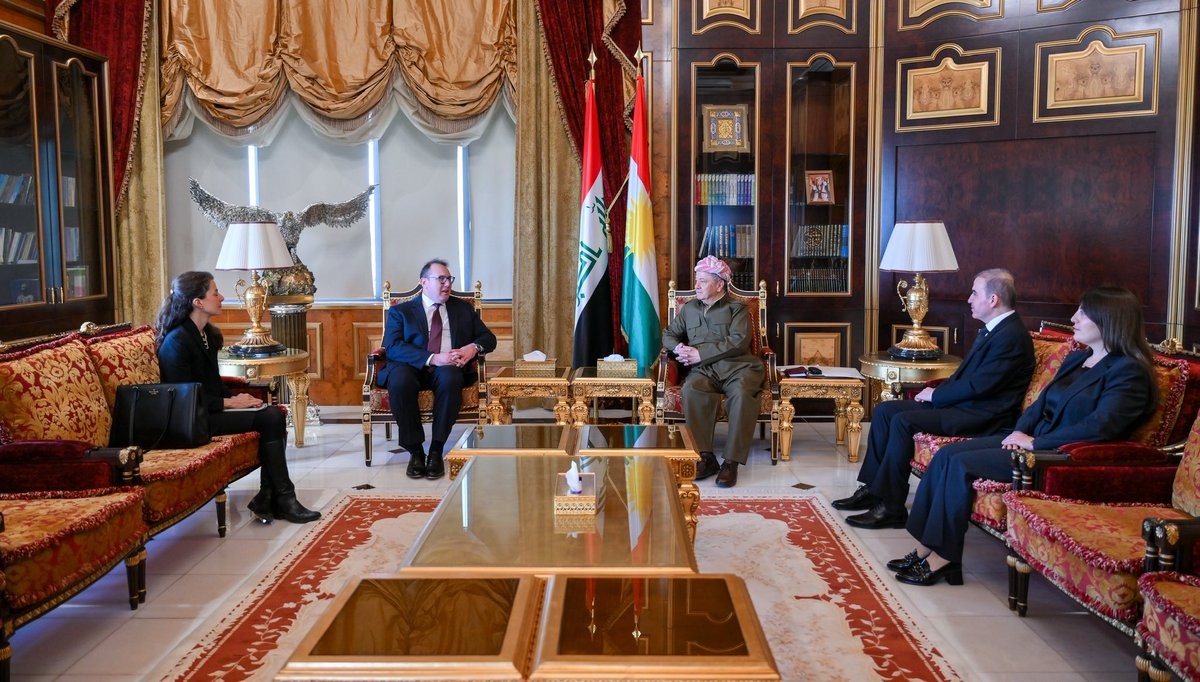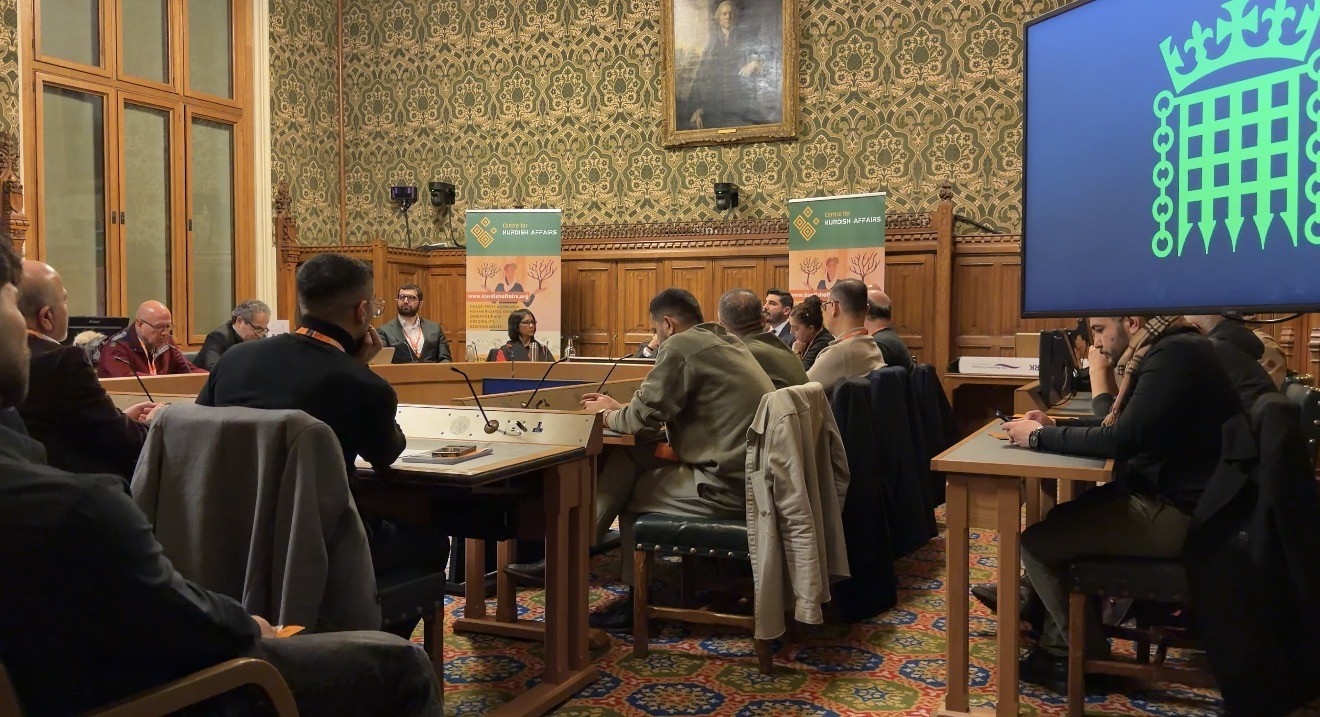The United States and the Netherlands this weekend expressed concern over a decision by the Iraqi parliament on April 27 to ban same-sex relations and punish those who “promote homosexuality” with steep fines and imprisonment.
On August 15, 2023, Raad Al-Maliki, an independent member of parliament, introduced a bill that would amend the “Law on Combating Prostitution,” Law No. 8 of 1988.
The Iraqi parliament on April 14, 2024, postponed a vote on the law proposal ahead of a one-week visit by Iraqi Prime Minister Mohammed Shia’ Al Sudani to Washington, D.C.
The draft law initially imposed the death penalty for same-sex conduct and imprisonment for transgender expression, but this was amended to a prison sentence of between 10 and 15 years in the adopted law.
Al-Maliki said its purpose was to “preserve the entity of the Iraqi society from deviation and calls for ‘paraphilia’ [abnormal sexual impulses] that have invaded the world.”
We are deeply concerned by the passage of an amendment to existing anti-prostitution and homosexuality legislation in Iraq. This amendment threatens those most at risk in Iraqi society and weakens Iraq’s ability to diversify its economy and attract foreign investment.
— Matthew Miller (@StateDeptSpox) April 27, 2024
“The United States is deeply concerned by the Iraqi Council of Representatives’ passage of an amendment to existing legislation, officially called the Anti-Prostitution and Homosexuality Law, which threatens constitutionally protected human rights and fundamental freedoms,” U.S. Department of State Spokesperson Matthew Miller said.
The statement was also posted by U.S. Ambassador to Iraq Alina L. Romanowski on X.
The United States is deeply concerned by legislation passed today by the COR that threatens constitutionally protected human rights and fundamental freedoms. This action threatens those most at risk in Iraqi society. It can be used to further hamper free-speech and personal…
— Ambassador Alina L. Romanowski (@USAmbIraq) April 27, 2024
“This amendment threatens those most at risk in Iraqi society. It can be used to hamper free-speech and expression and inhibit the operations of NGOs across Iraq. The legislation also weakens Iraq’s ability to diversify its economy and attract foreign investment. International business coalitions have already indicated that such discrimination in Iraq will harm business and economic growth in the country,” Miller added.
Moreover, he underlined that respect for human rights and political and economic inclusion is essential for Iraq’s security, stability, and prosperity. This legislation is inconsistent with these values and undermines the government’s political and economic reform efforts.
The Netherlands is deeply concerned about legislation passed by the Iraqi parliament that threatens constitutionally protected human rights and fundamental freedoms. Criminalising homosexuality goes directly against international agreements that Iraq has agreed to. 1/2
— Dutch Ministry of Foreign Affairs ?? (@DutchMFA) April 27, 2024
The Dutch Foreign Ministry also said that they are “deeply concerned about legislation passed by the Iraqi parliament that threatens constitutionally protected human rights and fundamental freedoms.”
“Criminalizing homosexuality goes directly against international agreements that Iraq has agreed to.”
“Protecting the rights of minorities is essential to stability in Iraq. The Netherlands is committed to safeguarding rights of the LGBTIQ+ community around the world,” the statement added.
Human Rights Watch (HRW) last year in a report spoke out against the proposal.
“Iraq’s proposed anti-LGBT law would threaten the lives of Iraqis already facing a hostile environment for LGBT people,” said Rasha Younes, senior LGBT rights researcher at HRW, on August 23, 2023.
“Iraqi lawmakers are sending an appalling message to LGBT people that their speech is criminal and their lives are expendable,” she added.

